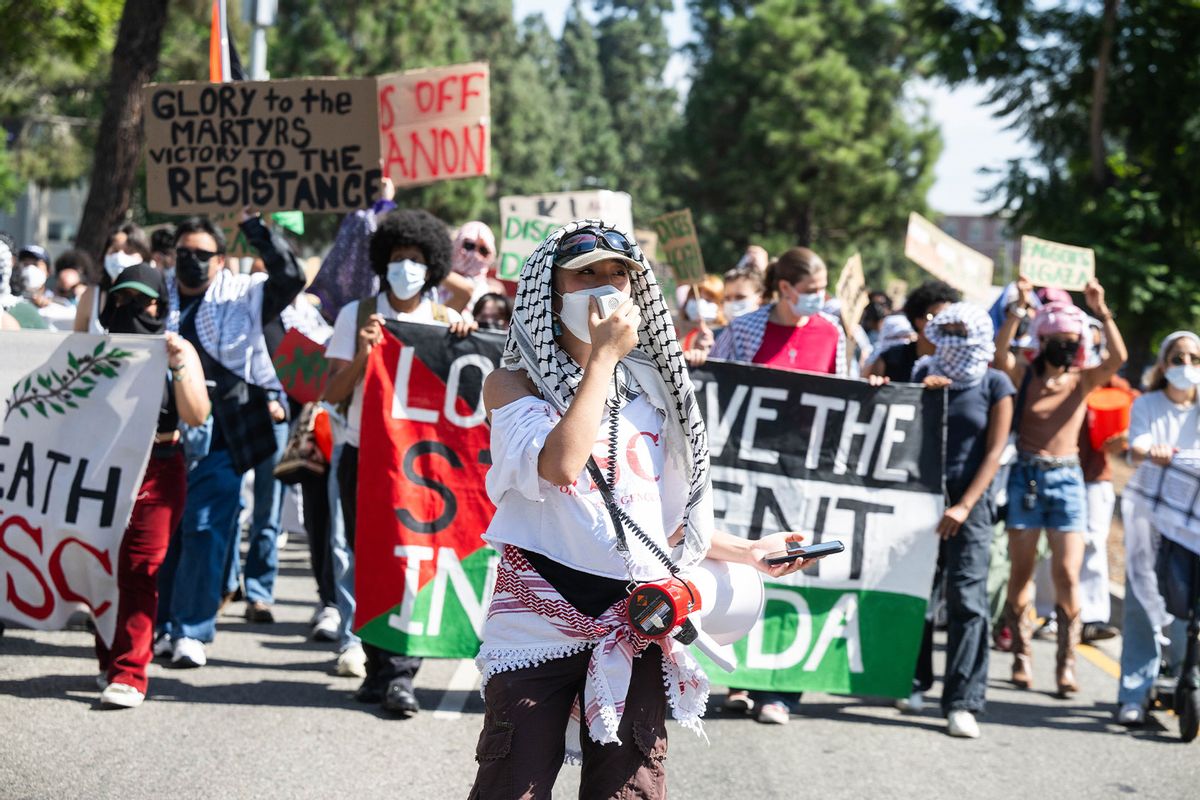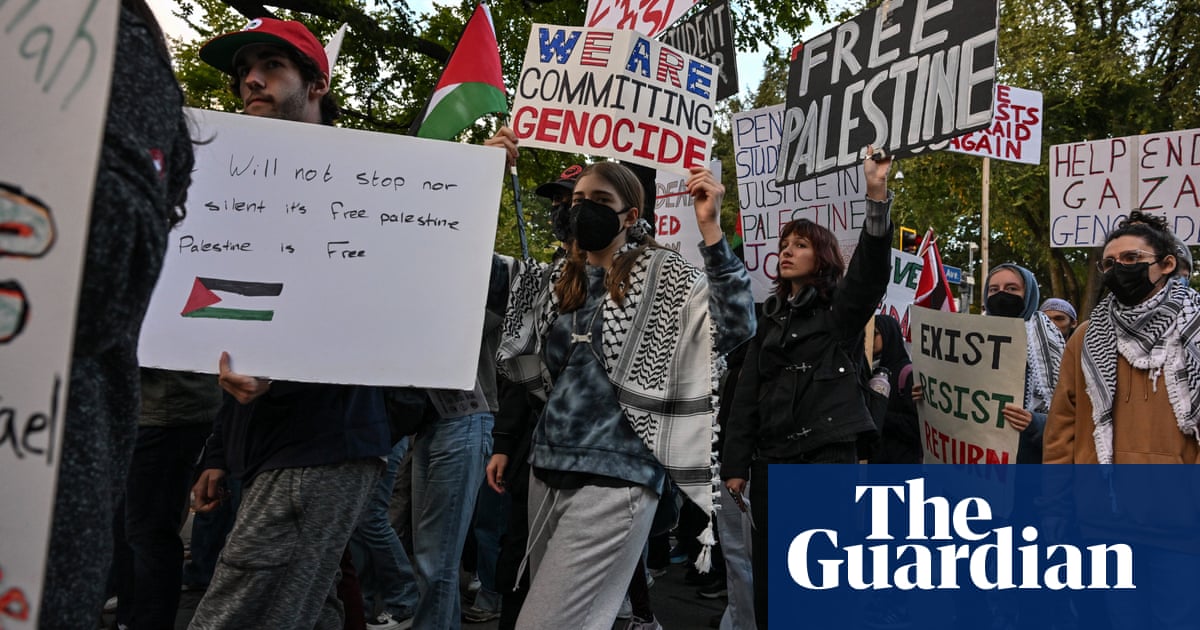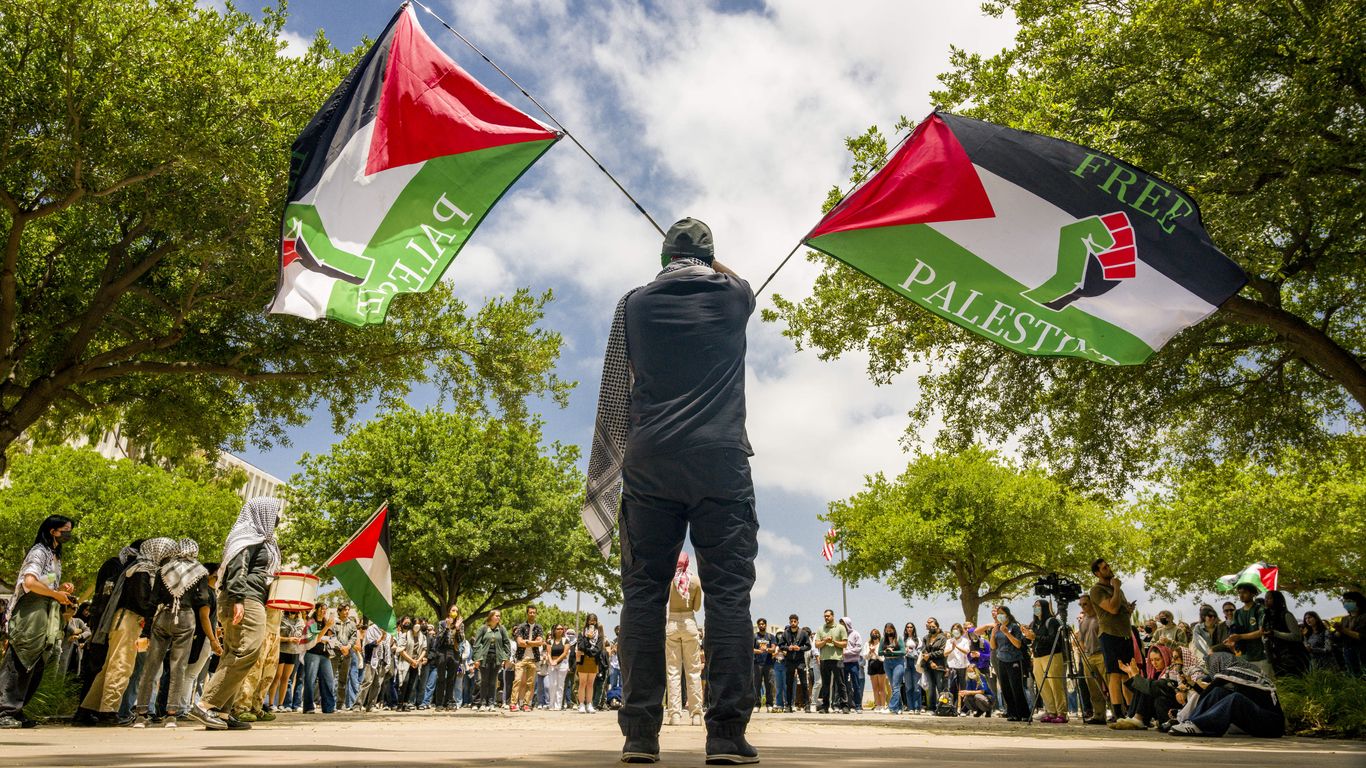Trump Threatens to Cut Federal Funding for Universities Over Protests
President Trump has threatened to penalize colleges allowing protests, emphasizing severe consequences for participants as activism around the Israel-Palestine conflict grows.
Overview
In a recent post, President Trump vowed to revoke federal funding from schools that permit 'illegal protests,' specifically targeting pro-Palestinian activism. His statements also include threats of imprisonment, expulsion, and deportation for students involved in such demonstrations. These comments have triggered concern among free speech advocates, who argue that constitutional protections cover protests, regardless of viewpoint. The administration's policy appears to escalate responses to campus activism amidst ongoing tensions related to the Israel-Palestine conflict as multiple universities face scrutiny for handling protests.
Content generated by AI—learn more or report issue.

Get both sides in 5 minutes with our daily newsletter.
Analysis
- Trump's threat to cut federal funding for colleges allowing 'illegal protests' reflects ongoing tensions over pro-Palestinian activism on campuses, and raises concerns about freedom of speech and assembly rights.
- While Trump did not specify what constitutes 'illegal' protests, his past comments indicate a clear focus on pro-Palestine demonstrations, which have surged amid recent conflicts in Gaza.
- The First Amendment provides protections for peaceful protests, and any governmental attempt to impose restrictions must be content-neutral and legally justified.
Articles (3)
Center (1)
FAQ
President Trump's definition of 'illegal protests' is not explicitly detailed, but under U.S. law, protests become illegal if they involve violence, property damage, harm to individuals, or ignore police orders to disperse. The First Amendment protects free speech, but allows 'time, place, and manner' restrictions.
The Trump administration has established a task force to combat anti-Semitism and is reviewing federal grants to universities like Columbia, which faces scrutiny over its handling of Jewish student safety. Trump also signed an executive order to address anti-Semitism and plans to deport 'Hamas sympathizers'.
Trump's threat raises legal questions as universities operate under both state and federal protections for free expression. Past administrations have used funding as leverage, but this could lead to a legal battle over First Amendment rights.
Columbia University has stated that it is fully committed to combating anti-Semitism and all forms of discrimination, emphasizing that promoting violence or terror has no place at the university.
History
- This story does not have any previous versions.


